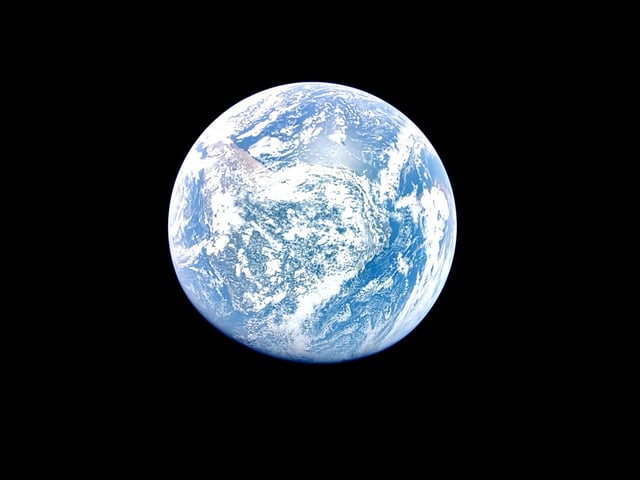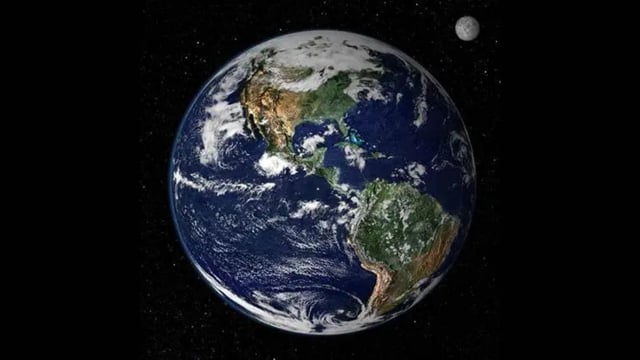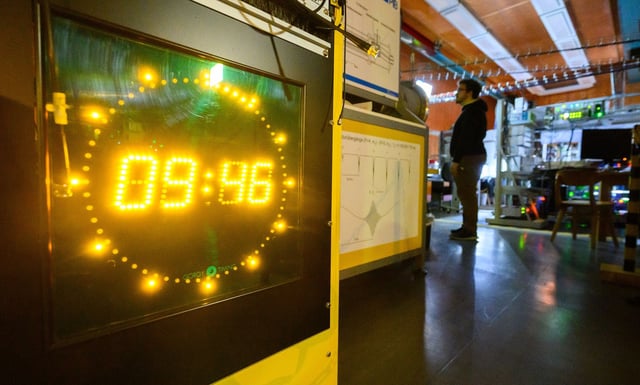Overview
- IERS data show July 22 completed a full rotation 1.34 milliseconds faster than 24 hours, making it the second-shortest day recorded this year.
- Earth’s rotation has been accelerating since 2020, shattering successive millisecond-scale day-length records and peaking at 1.66 ms short on July 5, 2024.
- Short-term spikes in spin link to the Moon’s maximum declination, while atmospheric shifts, melting ice and core-dynamics changes also tweak Earth’s moment of inertia.
- The International Earth Rotation and Reference Systems Service confirmed no leap second will be added in 2025 and is drafting procedures for a first-ever negative leap second by 2029.
- These minute variations, imperceptible in daily life, can disrupt satellite navigation, GPS precision and the synchronization of global atomic-clock systems.



